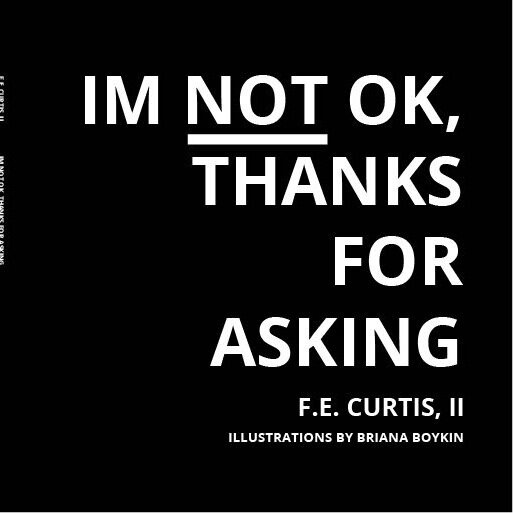Digging a Deeper Well
It’s Mental Health Awareness Month, and while focusing on improving our mental health should be a priority each day of the year, we want to take the time to focus in on practical measures and resources you can take to improve your mental outlook, even if you lack financial resources to seek professional help.
*Stressor warning*: this post contains references to anxiety, depression, varied forms of abuse, and suicidal thoughts and ideation. Please exercise caution in reading and engaging with the recommended resources. If you or someone you know is experiencing suicidal thoughts or depression, please reach out to the National Suicide Prevention Line at 1-800-273-8255.
One of the more frightening things about childhood trauma and adversity is the long-term psychological toll it can take on a person. Witnessing your parents suffer through a nasty divorce, being bullied at school, experiencing suicidal ideation, being a victim of abuse or neglect and a host of other tragedies too many children are subjected to can lead to never ending struggles in adulthood. But while we’re encouraging more people to get the mental health assistance they need, we should also be talking more about the silent killer of childhood trauma – adverse childhood experience, or ACE.
ACE refers to a landmark study conducted by Kaiser Pemanente and the Centers for Disease Control and Prevention in the late 1990’s. The study identifies several risk and protective factors of childhood adversity, as well as potential prevention steps. In essence, ACEs include experiencing violence, abuse or neglect, witnessing violence in the home or community, and/or having a family member attempt or die by suicide. In keeping with the colonial and oppressive historical nature of the United States, women and racial/ethnic minorities are a greater risk of experiencing four or more ACEs.
In her book The Deepest Well, Dr. Nadine Burke Harris talks extensively about the underlying physical and medical crises for adults that have experienced childhood trauma and adversity. She weaves together extensive research with personal accounts and compelling anecdotal evidence about how traumatic experiences as a child can put us at risk for potentially deadly medical diagnosis in adulthood.
The undisputed science behind the link in higher ACEs scores and increased chances for more serious medical diagnosis only gains more evidence as the years progress. But what can we do about it? You might say to yourself “sure, I had a rough childhood, but I’m good now! Big deal.” For some people, that may be true, but for the overwhelming majority of us, the battle to overcome the effects of traumatic experiences as children continues, and the medical risks remain heightened until we intentionally begin to reverse them.
Dr. Harris’ research, and other doctors and scientists alike, prescribe several mitigating factors for reversing the medical impacts of childhood trauma – regular exercise, good sleep hygiene, and mindfulness meditation. Nevertheless, those kinds of activities are usually best when accompanied with quality and consistent time with a mental health professional.
There’s so much more we can all be doing to promote and encourage others and ourselves to have a greater control and positivity in our mental and emotional well-being. If you’re looking to learn more about Dr. Harris’ work, adverse childhood experiences, and/or how you can be a resource to others in this exploration, please engage with the resources below.
How to Reduce the Impact of Childhood Trauma
TED Talk: How childhood trauma affects health across a lifetime
What Do Asthma, Heart Disease and Cancer Have in Common? Maybe Childhood Trauma



















